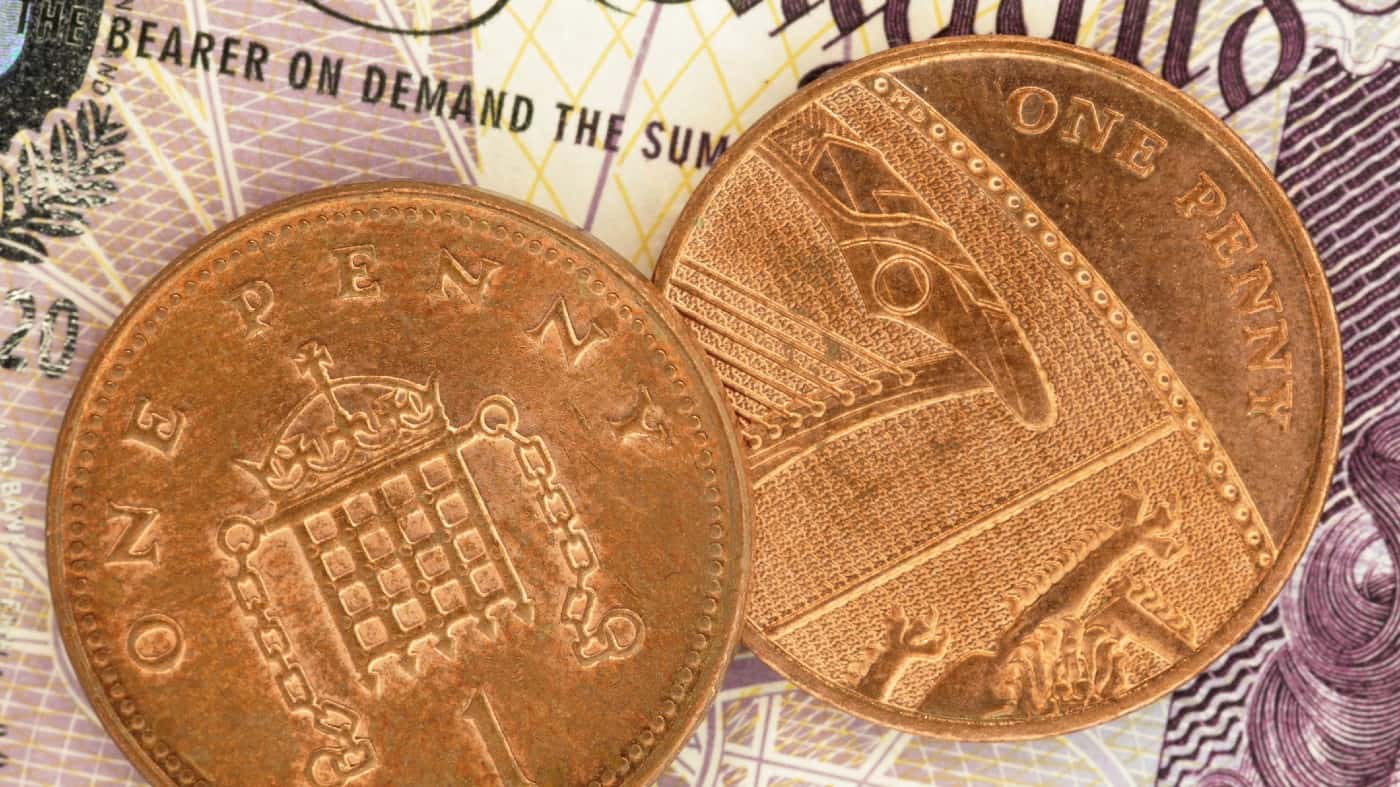It has not been a pleasing time to be a shareholder in Rolls-Royce (LSE: RR). Its shares have seen their price slide 18% over the past year and currently trade in pennies.
As a Rolls-Royce shareholder, is this bad news for me? Or is it an opportunity to buy more shares for my portfolio now they are cheaper than they were a few months ago?
Improving business outlook
The main problem for Rolls-Royce over the past several years has been the sudden plummet in civil aviation demand, triggered by the pandemic. That was hugely problematic for the company in a number of ways. Less flying hours of existing planes meant fewer servicing requirements. Airlines also slashed their spending plans, casting doubt over the scale of future aircraft engine sales.
Increasingly however, I expect these problems to start receding. Leisure travel has bounced back in many parts of the world and there are growing signs of life again in the business travel market.
Travel distribution system operator Amadeus has said flight searches globally are again approaching 2019 levels. In the last week of April, they were just 3% lower than they had been at that point in 2019.
The rebound in travel is excellent news for Rolls-Royce. Meanwhile, its defence division is also looking in rude health. Growing security concerns in Europe particularly ought to help boost its order book in coming years.
Future profitability
I see that as good news for Rolls-Royce shares. It is already back in the black after a brutal couple of lossmaking years. Growing sales should help its profits. On top of that, the company has cut its cost base a lot over recent years.
That can be a risky thing for an aeronautical engineering firm to do. A lot of the problems at Boeing in recent years have their roots in cost-cutting that damaged the depth of its engineering expertise, in my opinion. But in the short term at least, a low cost base should help boost Rolls-Royce’s profits.
In the long term, I expect demand for flights to keep growing. But some changes in how people fly could hurt Rolls-Royce’s profits. For example, the company is developing engines that can run on energy sources apart from aviation fuels. That programme is likely to take many years and incur much expense before any engine is ready to launch commercially. It could also end up hurting sales of the company’s own engines that run on aviation fuel.
Are Rolls-Royce shares a bargain?
With that outlook for the business, are Rolls-Royce shares a possible bargain for my portfolio at the current price?
I think they are. The company is well-regarded within its industry. It only has a few competitors and barriers to entry are high. Demand could well grow in coming years and I expect profits to keep recovering. Meanwhile, Rolls-Royce has a market capitalisation of just £7.4bn.
But a sudden unexpected drop in demand for flying could hurt the company. It may need to boost liquidity by diluting shareholders, as it did in 2020. So although I am considering adding more Rolls-Royce shares to my portfolio, I recognise that there are risks involved in this penny share.








